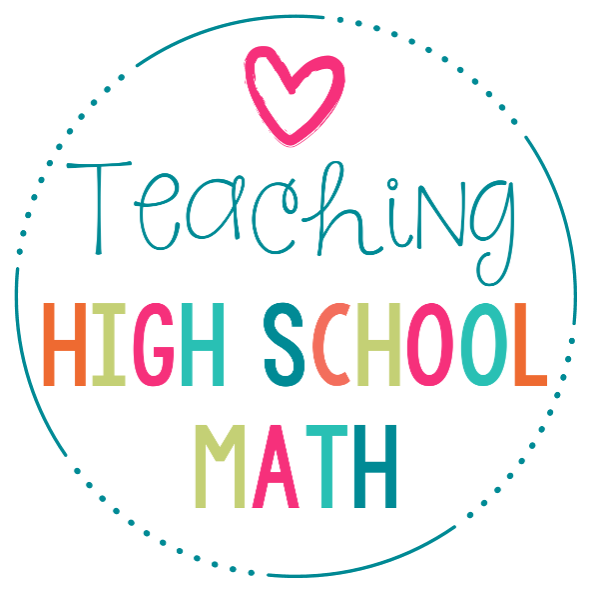Boost Brainpower and Critical Thinking:
Logic puzzles aren't just fun diversions; they're powerful tools for exercising your students' brains, research shows they can:
- Sharpen critical thinking skills: By analyzing clues, identifying patterns, and eliminating possibilities, students learn to think critically and make sound deductions.
- Develop problem-solving strategies: Logic puzzles present unique challenges that require students to approach problems from different angles, experiment with different solutions, and persevere through obstacles.
- Improve memory and focus: The mental gymnastics involved in solving puzzles strengthens cognitive skills like memory, concentration, and attention to detail.
Beyond the Numbers:
Logic puzzles go beyond traditional math concepts, teaching valuable skills that apply to all aspects of life:
- Communication and collaboration: Working together to solve puzzles encourages communication, teamwork, and the ability to explain complex ideas clearly.
- Creative thinking: Logic puzzles often require outside-the-box thinking, encouraging students to explore unconventional approaches and embrace creativity.
- Resilience and perseverance: Not all puzzles are cracked on the first try. Facing setbacks and learning to adapt and persist are crucial skills that logic puzzles help develop.
Making it Fun and Engaging:
Here are some tips to incorporate logic puzzles into your math class:
- Start with simple puzzles: Introduce easier puzzles to ease students into the process and build confidence.
- Offer variety: Use different types of puzzles, like Sudoku, number puzzles, or word problems, to keep things fresh and cater to diverse learning styles.
- Make it interactive: Encourage group work and discussions to foster collaboration and different perspectives.
- Connect it to the curriculum: Use puzzles that complement your current math topic or highlight real-world applications of logic and problem-solving.
Remember, the goal is to make learning fun and engaging. So, ditch the monotonous drills and let your students unleash their inner detectives with the magic of logic puzzles!
Would you like to try a logic puzzle in your classroom?
Sign up for my email list and I'll send you my At the Museum Puzzle FOR FREE!


No comments
Post a Comment